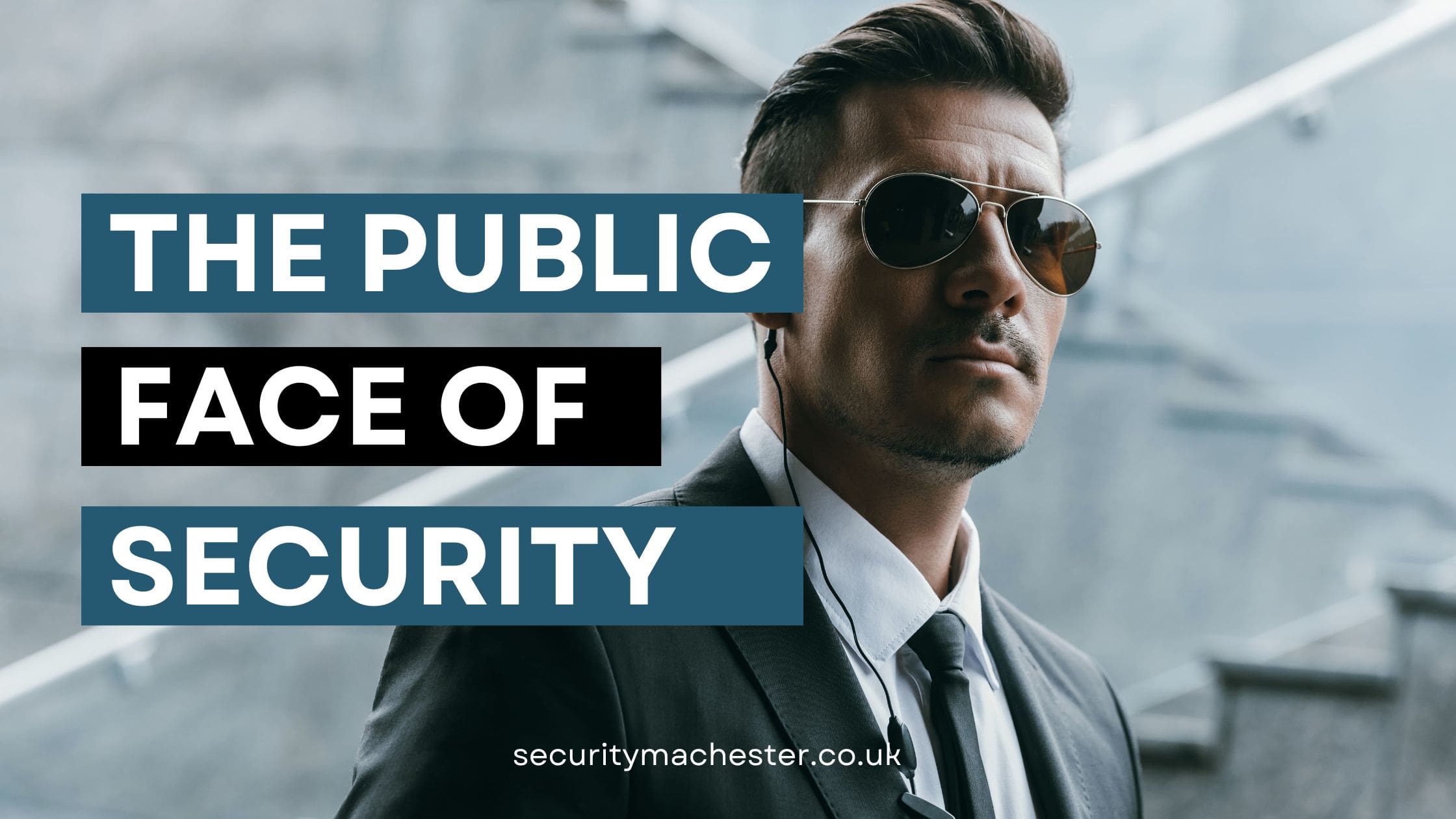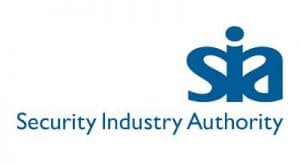In a recent blog post, we looked at how the easing of Covid-19 lockdown restrictions was affecting demand for business-related security services. In this post, we’ll consider the same topic but from the perspective of those responsible for public spaces and retail premises.
There is little doubt that the coronavirus is prompting an evolution of the security industry. The need to maintain and enforce safe social distancing in various environments is one of the strongest drivers of this and, as the security magazine IFSEC Global reported in an article dated June 15th, “the private security industry has developed vastly…”
In particular, it observes that “due to the onset of the Covid-19 pandemic, security officers have been working in critical settings, playing key roles whilst remaining unheralded. (Roles) such as: working at testing centres and the NHS Nightingale Hospitals; ensuring critical food deliveries from warehouses; and managing queues and customers at supermarkets. They have also been involved in safeguarding the homeless in new sheltered accommodation, physical security at factories and premises… and supporting police patrols in London.”
Generally, the public has become much more aware of the presence of security staff. For example, many consumers will have become very conscious of staff managing queues outside supermarkets and, more recently, shops that have newly re-opened. With limits on how many people can safely enter a premises, security staff have been taking more visible, front-line roles outside even relatively small convenience stores.
Much the same is true of public spaces. April and May brought some spectacularly good weather to many parts of Britain and, unsurprisingly, many people took advantage of this. Ignoring signs and public health advice, countless numbers descended on popular tourist spots, compelling public authorities and private sector interest to hire additional security staff.
In a May 2020 article, The Daily Mail reported that seaside spots were receiving thousands of visitors despite the absence of any public toilets and, as a result, people were urinating in the dunes, in local people’s gardens and on private land. Drivers were also parking illegally and often so closely together that proper social distancing became impossible. In some cases, private security staff were being hired by communities, local councils and holiday parks in an effort to manage these and other associated problems.
Also in May, the UK Government published new guidance (as a downloadable PDF) for “the owners and operators of public spaces”, giving “information and examples of measures that may be undertaken to adapt and manage public spaces in order to help social distancing.” The document discusses layout changes to public spaces to make distancing more feasible and offers advice on some important planning issues to consider. This includes an enhanced role for security staff and advisers.
In particular, it emphasises the importance of organised queues and notes (section 6.3 ‘Additional security and enforcement considerations’) that “A revised layout may present new security risks, particularly where multiple queues are created. Owners and operators of public places are advised to consider the security implications of temporary interventions to support social distancing.”
The new football season is also driving the trend towards more visible security roles. On 10th June, for example, The Scottish Sun newspaper looked at new security and infection control arrangements around Celtic FC’s stadium and training grounds. It reported that the team “is scheduled to undergo Covid-19 testing ahead of Thursday’s training start, and Hoops chiefs have hired an external security firm to ensure all protocols are followed to the letter… Players are banned from entering the building and security guards are expected to patrol the perimeter to ensure maximum privacy.”
The coronavirus outbreak has given rise to many changes but, of course, the private security sector has actually been developing for a very long time now – certainly not just since Covid-19 became a household name. Gradually, security staff have been taking on ever-more public roles. Back in December 2019, Professional Security magazine wrote about a “profound change in British public space policing, whereby private security has been hired to patrol high streets.” It notes that “such partnering between public and private police has been going on quietly (and successfully) for years.”
Looking ahead, it seems likely that security service professionals will play an increasingly visible role in everyday life. The fatal stabbings in Reading on 20th June emphasised that Covid-19 is not the only risk to people who share public spaces. The event will undoubtedly lend some urgency to the UK government’s plans, announced in February 2020 to “introduce a law which will require owners and operators of public spaces and venues to put in place measures to keep the public safe from a terrorist attack.”
The proposed new regulation is only at the consultation stage. However, UK government notes that it “would require venue operators to consider the risk of a terrorist attack and take proportionate and reasonable measures to prepare for and protect the public from such an attack. This could include increased physical security, having training in place, incident response plans and exercises for staff on what to do during an attack.”
In short, there is growing awareness that public spaces need to be more actively protected and managed. A combination of public consciousness and regulation should see rising demand for more prominent security roles: patrols, door staff and skilled trainers who can advise property owners about the best ways of managing their risks.
For advice about security planning, training or on-site support, please call us on 0800 035 6607. Alternatively, you can send us your questions via our enquiry form.



